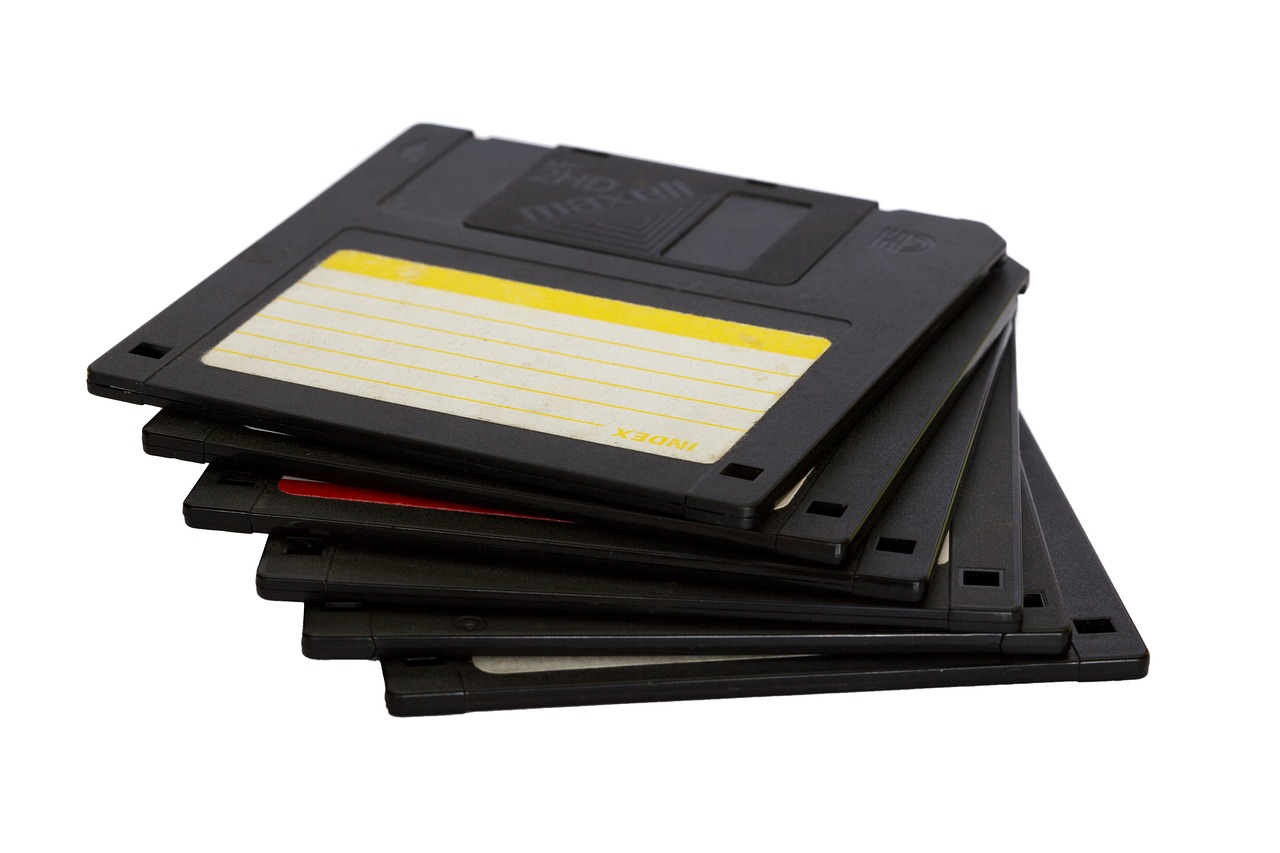MB to GB Converter - Convert Megabytes (mb) to Gigabytes (gb).
Result:
Our MB to GB converter is the perfect tool to quickly convert megabytes to gigabytes and vice versa. It's a simple tool for anyone who needs to convert MB to GB. On this page, we'll talk about how to convert MB to GB, understand how to use this MB to GB converter, and answer some common questions about this conversion.
In today's digital world, we constantly deal with files, documents, videos, and other forms of data. Whether you're downloading movies, storing photos, or sharing important documents, understanding data storage units like megabytes (MB) and gigabytes (GB) is crucial. Let's dive into this topic and learn how to convert megabytes to gigabytes efficiently.
Data storage plays a vital role in our daily lives, from smartphones to computers and cloud storage services. As our digital footprint grows, it's essential to grasp the concepts of data measurement units to manage our data effectively.
Understanding Data Storage Units
A byte is the smallest unit of digital information, representing a single character or a sequence of eight binary digits (0s and 1s).
A megabyte (MB) is a larger unit, equal to approximately one million bytes (1,048,576 bytes, to be precise).
- What is a megabyte? A megabyte is commonly used to measure the size of smaller files, such as documents, images, or small video clips.
- What is a gigabyte? A gigabyte (GB) is even larger, equal to approximately one billion bytes (1,073,741,824 bytes).
- Is a GB bigger than a MB? Yes, a gigabyte is much larger than a megabyte. One gigabyte is equal to 1,024 megabytes.
C. The relationship between MB and GB is such that 1 GB = 1,024 MB.

How to Megabytes to Gigabytes
There are two approaches to converting MB to GB. You can either use the base 10 or base 2 methods.
Base-2: The Non-SI System
In the base-2 system, which is commonly used in computing, the conversion from megabytes to gigabytes follows a specific formula. To obtain the number of gigabytes, you divide the number of megabytes by 1024.GB = MB / 1024
For instance, if you have a file size of 4096 megabytes, dividing it by 1024 yields 4 gigabytes.
Here are a few more examples to illustrate the base-2 conversion:
256 MB = 0.25 GB
768 MB = 0.75 GB
2048 MB = 2 GB
8192 MB = 8 GB
A slightly trickier conversion would be converting 3072 MB to GB: 3072 MB = 3 GB.
Base-10: The SI System
In contrast, the base-10 system, also known as the International System of Units (SI), uses a different approach. To convert megabytes to gigabytes in this system, you divide the number of megabytes by 1000.GB = MB / 1000 According to the base-10 system:
700 MB = 0.7 GB
1500 MB = 1.5 GB
3000 MB = 3 GB
6000 MB = 6 GB
Conversely, if you need to convert gigabytes to megabytes, you can multiply the number of gigabytes by 1000. For example, 10 GB = 10,000 MB.
Practical Applications
A. File size management:
- Knowing the file size in MB or GB can help you determine the storage requirements for documents, photos, videos, and other media files.
- For example, a 4K video file might be around 50 GB, while a high-resolution photo could be around 10 MB.
B. Data transfer and download considerations:
- Understanding file sizes in MB or GB can help estimate download times based on your internet speed.
- For instance, downloading a 2 GB file with a 10 Mbps internet connection might take around 30 minutes.
C. Cloud Storage: Many cloud storage providers offer subscription plans based on GB or TB (terabytes) capacities. Understanding these units enables you to choose the appropriate plan for your needs.
Tips and Best Practices
A. Keep track of your data usage by regularly checking the sizes of your files and folders.
B. Use appropriate units for large and small file sizes. For example, use MB for smaller files and GB for larger ones.
C. Regularly clear cached data and temporary files to free up storage space on your devices.
Other Similar Calculators
Check out other calculators that are similar to this one.
FAQs
Can 1 GB hold a million megabytes?
No, 1 GB is equal to 1,024 MB, not one million MB.
Is there a bigger unit than a gigabyte?
Yes, larger units include terabytes (TB) and petabytes (PB), which are used for measuring extremely large amounts of data.
How many gigabytes are in a terabyte?
One terabyte (TB) is equal to 1,024 gigabytes (GB).
1 GB, how many MB?
According to the base-2 system used in computing:
1 GB = 1024 MB
100 GB to MB?
To convert 100 GB to MB, we multiply 100 by 1024:
100 GB = 102,400 MB
16 GB to MB?
Following the base-2 system:
16 GB = 16 × 1024 MB = 16,384 MB
8 GB to MB?
Using the same conversion factor:
8 GB = 8 × 1024 MB = 8,192 MB
1024 MB to GB?
Since 1024 MB is equal to 1 GB in the base-2 system:
1024 MB = 1 GB
1000 MB to GB?
In the base-10 (SI) system, we divide 1000 MB by 1000 to get the value in GB:
1000 MB = 1000 / 1000 GB = 1 GB
150 GB to MB?
To convert 150 GB to MB, we multiply 150 by 1024:
150 GB = 150 × 1024 MB = 153,600 MB
4096 MB to GB?
Following the base-2 system:
4096 MB = 4096 / 1024 GB = 4 GB
Find Calculator
Popular Calculators
Other Calculators
